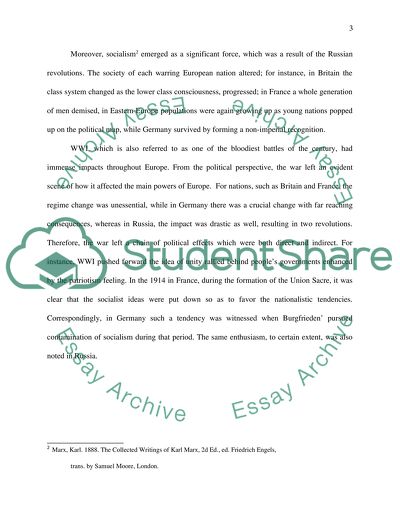Cite this document
(“The Political, Social and Economic Impact of WWI on European Society Essay”, n.d.)
Retrieved from https://studentshare.org/history/1454683-the-political-social-and-economic-impact-of-wwi-on
Retrieved from https://studentshare.org/history/1454683-the-political-social-and-economic-impact-of-wwi-on
(The Political, Social and Economic Impact of WWI on European Society Essay)
https://studentshare.org/history/1454683-the-political-social-and-economic-impact-of-wwi-on.
https://studentshare.org/history/1454683-the-political-social-and-economic-impact-of-wwi-on.
“The Political, Social and Economic Impact of WWI on European Society Essay”, n.d. https://studentshare.org/history/1454683-the-political-social-and-economic-impact-of-wwi-on.


